DHAKA, June 24 (V7N)– Chief Adviser Professor Muhammad Yunus today affirmed the interim government's resolute determination to end the "culture of abuse" in Bangladesh. In a message marking the UN International Day in Support of Victims of Torture, to be observed tomorrow, he outlined the government's three-pronged mandate: prosecuting those responsible for abuses under the previous regime, implementing comprehensive reforms, and conducting free and fair elections.
"Indeed, the three elements of the interim government's mandate - trying the abusers under the previous regime, reforms, and elections - all aim to transform Bangladesh into a country in which all its citizens can live in security and dignity," Professor Yunus stated.
Standing in solidarity with victims of torture worldwide, he declared, "Today, we stand in solidarity with all victims of torture, past and present. We recognise their suffering, we commit to justice, and we vow: never again." He expressed hope that this day would "mark a turning point—for Bangladesh, and for all nations striving to reclaim the moral centre of governance."
Professor Yunus unequivocally condemned torture as a "grave violation of human rights and an affront to the dignity of a human being," asserting that "it has no place in a just society, and it must never be tolerated under any circumstances." He paid tribute to the "courage and resilience of the thousands of survivors in Bangladesh who bear the scars of grievous torture and dehumanising cruelty."
He directly attributed the widespread use of "torture and ill-treatment as tools of repression" to the "autocratic rule of Sheikh Hasina from 2009 to 2024," claiming it often targeted "political opponents, dissenting voices, and the vulnerable." He argued that the "misuse of legal instruments to harass, detain, and break individuals during this dark period corroded the rule of law and distorted our politics and poisoned parts of our society."
Since assuming office following the "July Revolution" (Student-People's Uprising Day) in 2024, Professor Yunus stated that the interim government has taken "concrete steps to confront this legacy and build a rights-respecting state grounded in accountability and justice."
Among these steps, he highlighted the interim government's accession to the International Convention for the Protection of All Persons from Enforced Disappearances (ICPED) as one of its first international treaties. This signifies a clear commitment to preventing and addressing enforced disappearances, which involve the abduction or detention of individuals by state agents or affiliated groups without acknowledgment. The signing, he noted, marks a "crucial first step toward enacting domestic legislation—a process already underway—and ensuring justice," thereby reinforcing Bangladesh's "legal commitment to eradicate torture in all its forms."
Furthermore, the interim government has established the Commission of Inquiry of Enforced Disappearances to investigate credible allegations of torture, enforced disappearance, and arbitrary detention, particularly during past periods of political unrest. This independent body is mandated to ensure full transparency, identify responsible individuals, and recommend avenues for redress. Recent interim reports from this commission have even directly implicated former Prime Minister Sheikh Hasina in complicity with extrajudicial crimes. The government has extended the mandate of this commission until at least December 31, 2025, to allow for thorough investigations into over 1,850 complaints received thus far.
Professor Yunus also detailed ongoing "deep reforms in the police and judicial administrations," including "training programmes for law enforcement, prison authorities, and judicial officials focused on human rights standards, ethical conduct, and non-coercive investigative practices." He added that "judicial oversight of detention procedures has been strengthened, with mandatory reporting and documentation of all custodial interrogations and detentions."
He concluded by acknowledging that "these are only initial steps, but they mark a decisive break from the past. Our aim is not only to prevent future violations but to restore public trust in the institutions." Professor Yunus also issued a separate statement urging environmental protection.



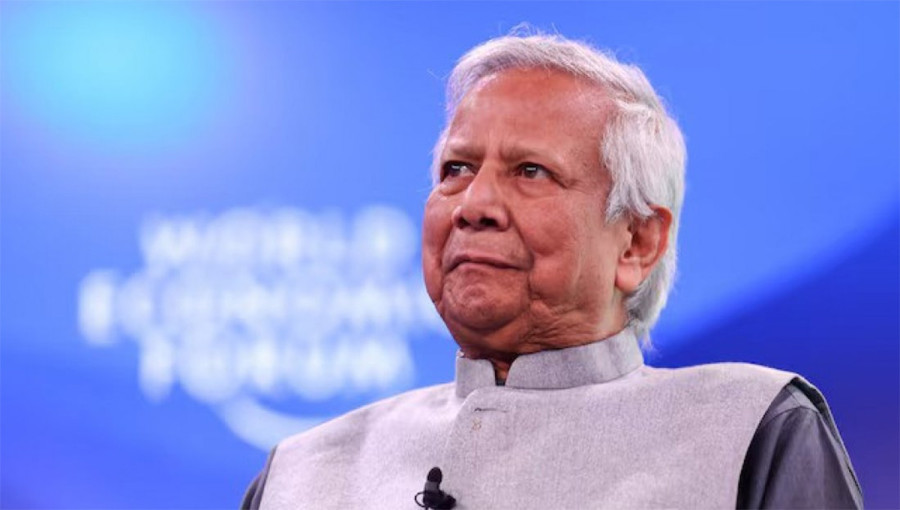
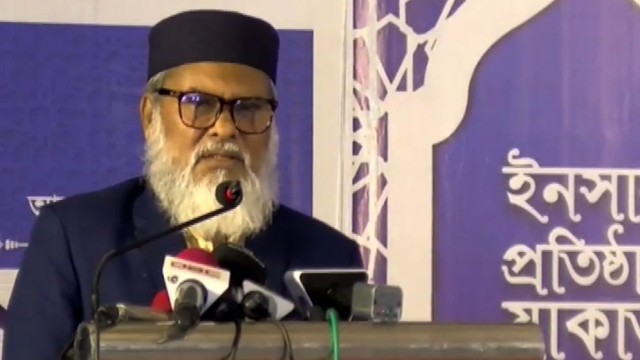
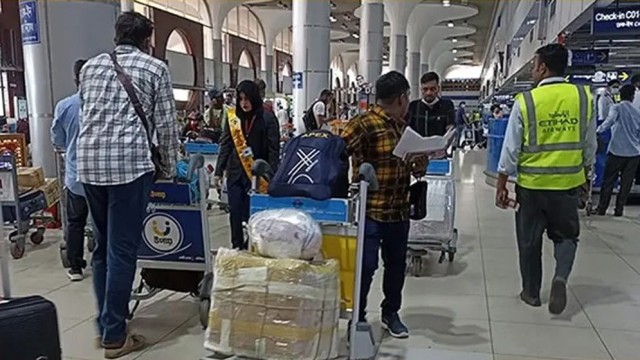
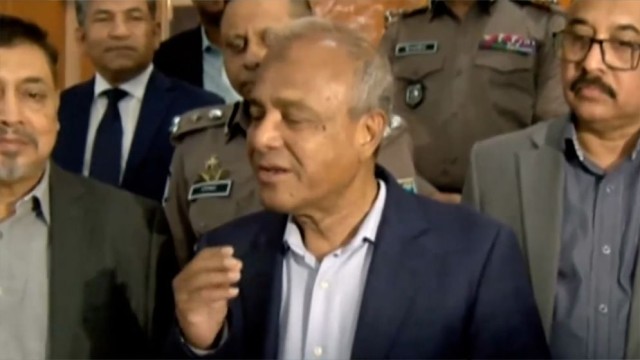
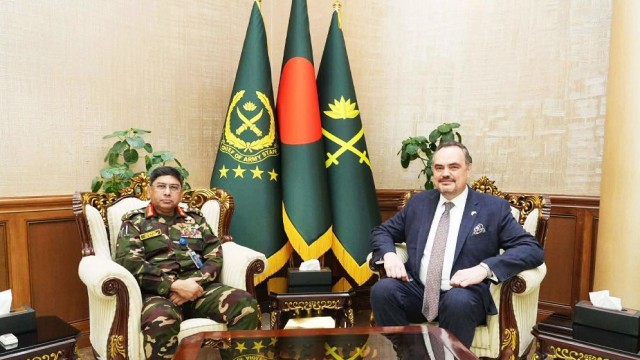

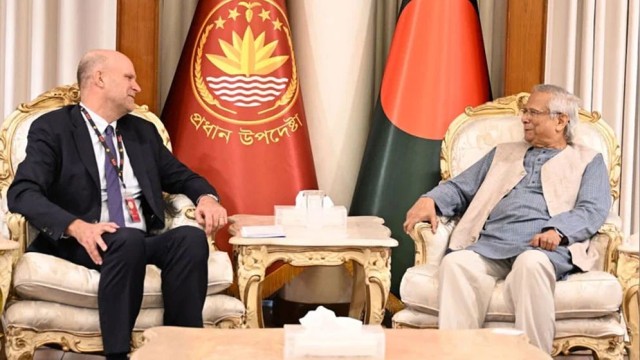


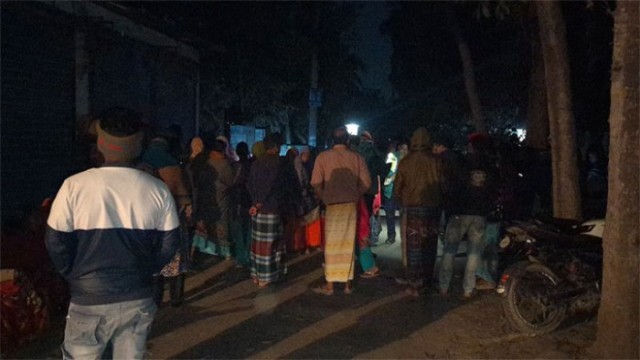
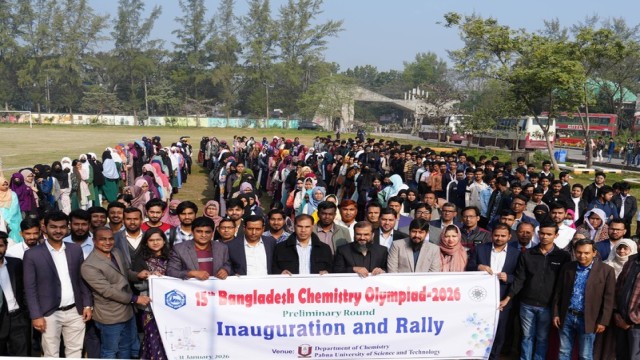




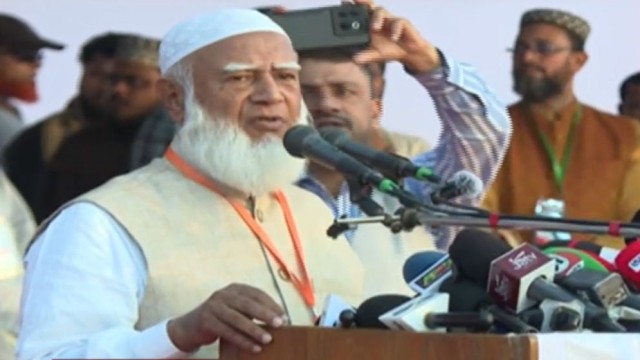
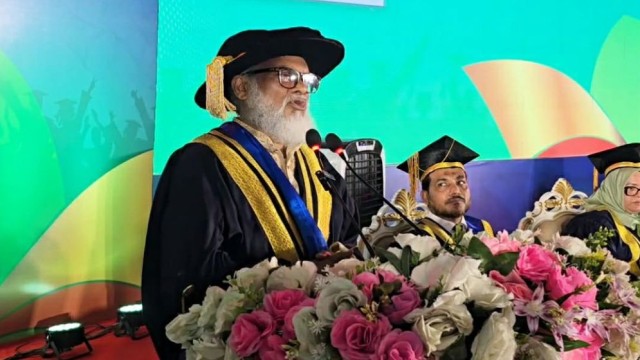




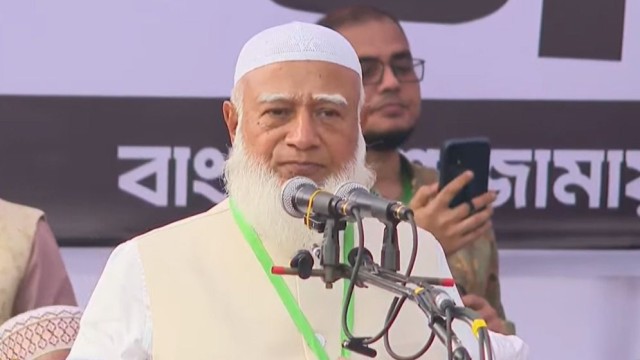
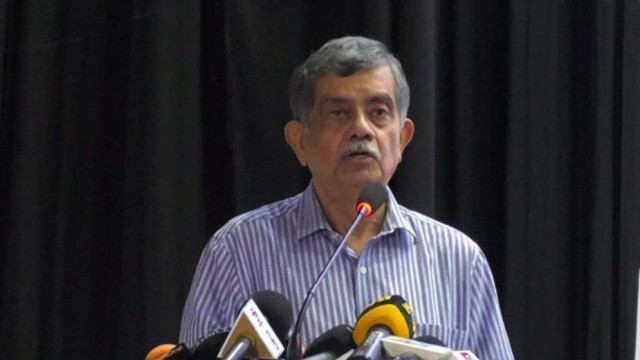
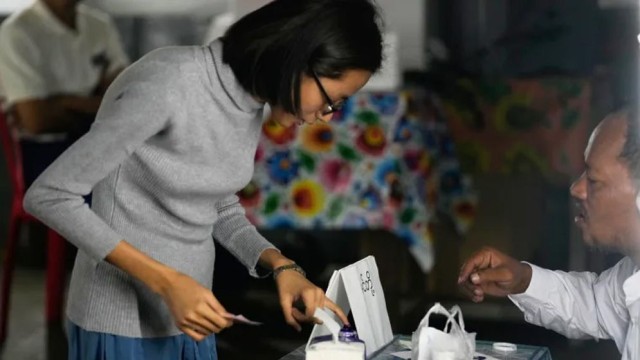
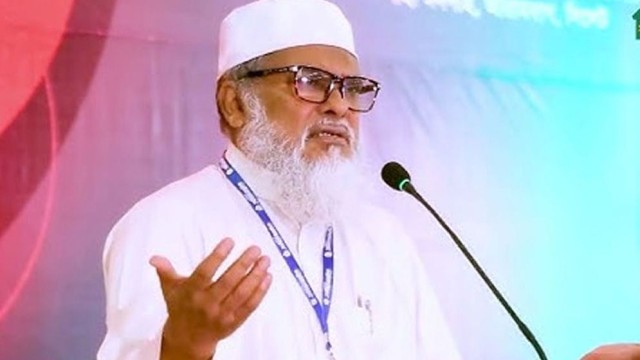
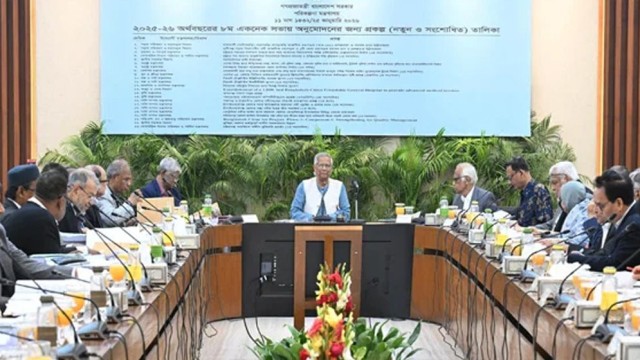

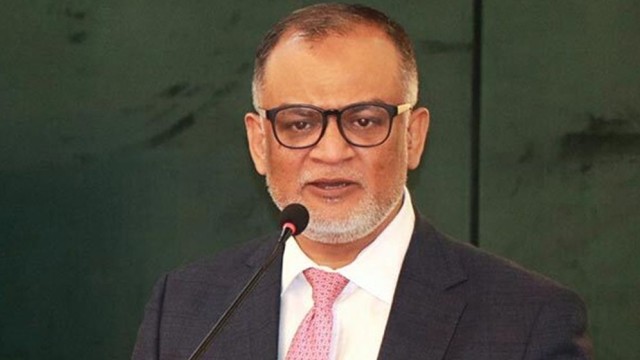
Comment: